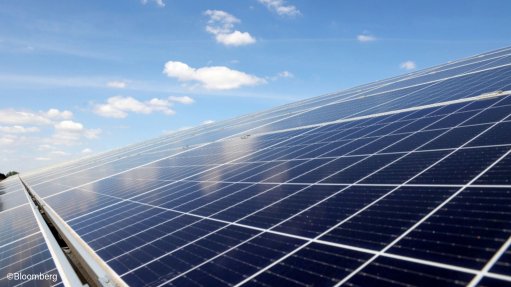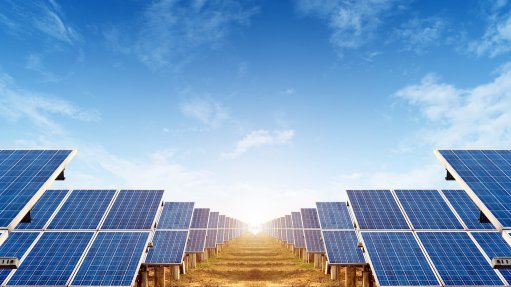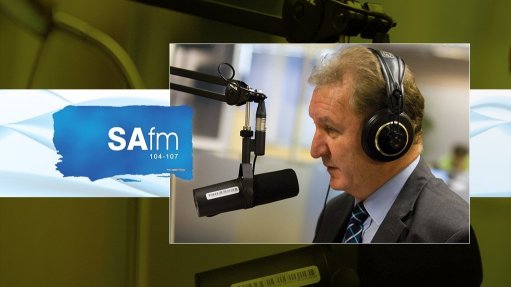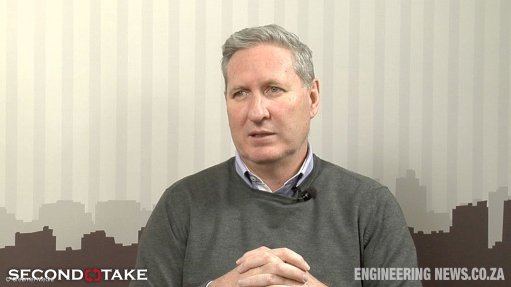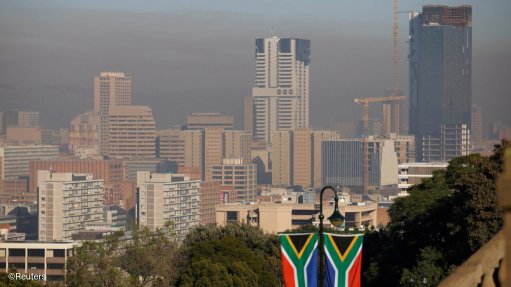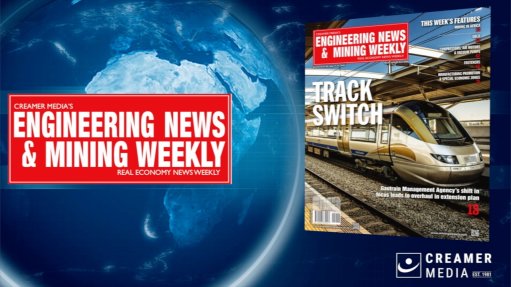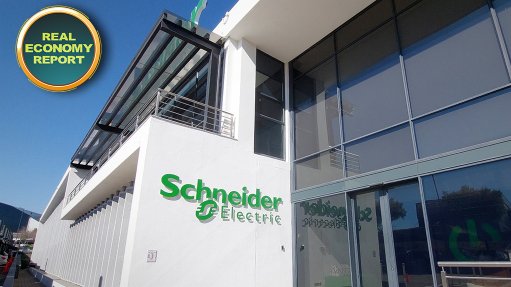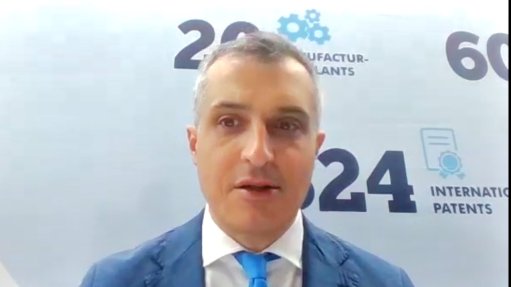Why export?
When the topic of green hydrogen arises in South Africa, two concerns are commonly raised, and these will remain significant issues to address should South Africa eventually begin to develop the industry at scale.
The first question is where the water will come from, given that green hydrogen is produced by using renewable electricity in an electrolyser to split water into hydrogen and oxygen. This is particularly important, given that the parts of the country that will produce the cheapest electricity, which along with electrolyser costs represents the key to cost-competitive production, are also the driest.
Here, some work has been undertaken, including by the Council for Scientific and Industrial Research, which has proposed that seawater desalination be integrated into the commercialisation strategy, as using potable water in a context of water stress, which could rise with climate change, is viewed as unsustainable.
The research council notes that, from a cost perspective, desalination will add only $0.02/kg to the cost of producing green hydrogen, which is expected to become competitive at costs of below $3/kg in certain jurisdictions, even though many are targeting $1/kg. Be that as it may, the water issues will remain a hot-button topic, with concern also likely to rise, in time, over the brine discharge from desalination plants.
The second concern relates to the country’s inadequate supply of renewable electricity. This raises questions about why precious green electrons should be diverted from electricity-starved South Africans to, theoretically, “keep Europeans warm in winter”, even though heating and re-electrification are unlikely initial use cases for hydrogen. Put more accurately, the question is why should developed countries benefit from South Africa’s cheap renewable electricity to meet their decarbonisation goals, while prices are rising at home and supply is insecure.
Here, too, a reasonable argument is beginning to emerge as the final touches are made to South Africa’s Green Hydrogen Commercialisation Strategy, which still requires Cabinet approval.
The Industrial Development Corporation’s Joanne Bate, who is also a Presidential Climate Commission commissioner, recently articulated the reason for integrating exports into the strategy. She argued that it was a way for South Africa to “lock in” the grants, concessional debt and contract-for-difference price subsidies that are currently being offered by countries such as Germany and Japan.
In other words, the exports are not motivated by the decarbonisation goals of developed countries, even though these are the trigger. Instead, it’s about using cheap finance and subsidies available elsewhere to stimulate the country’s nascent green hydrogen sector, which has the potential to be a significant new industry, owing to South Africa’s competitive endowments of sun, wind and land.
Without the subsidies being offered for the export of green hydrogen and derivatives, it is unlikely that South Africa will be able to fully realise its competitive advantage in a context where it is competing with countries such as Australia, Saudi Arabia and the US that are in a far better position to provide direct support to their emerging green- hydrogen producers.
Comments
Press Office
Announcements
What's On
Subscribe to improve your user experience...
Option 1 (equivalent of R125 a month):
Receive a weekly copy of Creamer Media's Engineering News & Mining Weekly magazine
(print copy for those in South Africa and e-magazine for those outside of South Africa)
Receive daily email newsletters
Access to full search results
Access archive of magazine back copies
Access to Projects in Progress
Access to ONE Research Report of your choice in PDF format
Option 2 (equivalent of R375 a month):
All benefits from Option 1
PLUS
Access to Creamer Media's Research Channel Africa for ALL Research Reports, in PDF format, on various industrial and mining sectors
including Electricity; Water; Energy Transition; Hydrogen; Roads, Rail and Ports; Coal; Gold; Platinum; Battery Metals; etc.
Already a subscriber?
Forgotten your password?
Receive weekly copy of Creamer Media's Engineering News & Mining Weekly magazine (print copy for those in South Africa and e-magazine for those outside of South Africa)
➕
Recieve daily email newsletters
➕
Access to full search results
➕
Access archive of magazine back copies
➕
Access to Projects in Progress
➕
Access to ONE Research Report of your choice in PDF format
RESEARCH CHANNEL AFRICA
R4500 (equivalent of R375 a month)
SUBSCRIBEAll benefits from Option 1
➕
Access to Creamer Media's Research Channel Africa for ALL Research Reports on various industrial and mining sectors, in PDF format, including on:
Electricity
➕
Water
➕
Energy Transition
➕
Hydrogen
➕
Roads, Rail and Ports
➕
Coal
➕
Gold
➕
Platinum
➕
Battery Metals
➕
etc.
Receive all benefits from Option 1 or Option 2 delivered to numerous people at your company
➕
Multiple User names and Passwords for simultaneous log-ins
➕
Intranet integration access to all in your organisation









